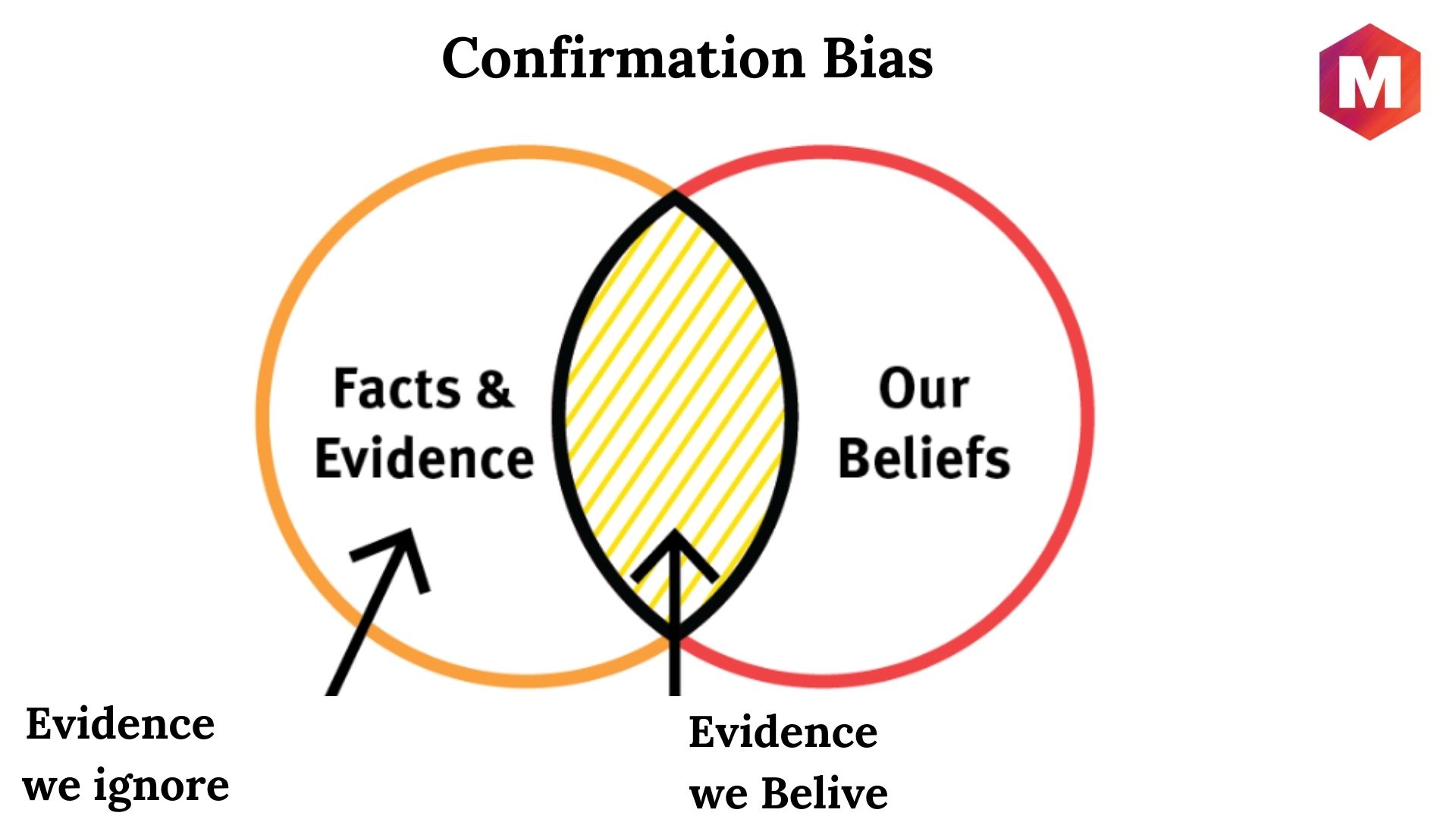We unintentionally believe what we want to believe humans are victim to something called confirmation bias the tendency to interpret facts in a way that confirms what we already believe

We (Unintentionally) Believe What We Want to Believe: The Power of Confirmation Bias

Confirmation bias, the tendency to interpret facts in a way that confirms what we already believe, is a pervasive aspect of human psychology. It influences our perceptions, decision-making processes, and ultimately shapes our worldview. Despite its unintentional nature, confirmation bias can significantly impact our understanding of the world around us.
What is Confirmation Bias and How Does it Affect Us?
Confirmation bias occurs when we unconsciously seek out information that aligns with our preexisting beliefs while disregarding or downplaying evidence that contradicts them. This cognitive bias leads us to cherry-pick information that confirms our existing views, reinforcing our established opinions and leading us down a cognitive path that may not be entirely accurate or objective.
The human brain naturally strives for coherence and consistency. We tend to resist information that challenges our existing beliefs, as it creates cognitive dissonance - a state of mental discomfort caused by holding conflicting ideas simultaneously. To resolve this discomfort, our brains seek out confirming evidence and interpret ambiguous information in a way that supports our preconceived notions.
The Impact of Confirmation Bias on Decision-Making

Confirmation bias can have profound implications for decision-making in various domains of life, including personal relationships, politics, business, and scientific research. When making choices or forming opinions, confirmation bias may lead us to ignore alternative perspectives, overlook contradictory evidence, and ultimately make biased decisions.
In politics, for example, confirmation bias can contribute to the prevalence of echo chambers, where individuals surround themselves with like-minded individuals and engage with media sources that align with their political beliefs. This reinforces existing biases and can hinder constructive dialogue and critical thinking.
In scientific research, confirmation bias can impede the objectivity and validity of findings. Researchers may unconsciously interpret data in a way that supports their hypotheses, leading to skewed results and potentially perpetuating inaccurate information.
Overcoming Confirmation Bias
Awareness is the first step towards mitigating the effects of confirmation bias. Recognizing our predisposition to favor information that confirms our beliefs allows us to approach new information with a more open and critical mindset.
Actively seeking out diverse perspectives and engaging in meaningful discussions with individuals who hold different opinions can help broaden our understanding and challenge our existing biases. Additionally, considering alternative explanations and evaluating the credibility and reliability of sources can also counteract the influence of confirmation bias.
Taking time for self-reflection and regularly exposing ourselves to new and different ideas can promote intellectual growth and reduce the impact of confirmation bias on our beliefs and decision-making processes.
Conclusion
In conclusion, confirmation bias is an inherent aspect of human cognition that impacts our perception and decision-making processes. Understanding and acknowledging this cognitive bias are crucial steps in fostering open-mindedness, promoting critical thinking, and overcoming the limitations it presents. By actively seeking diverse perspectives and challenging our own assumptions, we can strive for a more accurate and objective understanding of the world around us.
Source: ScienceDaily.com
Share
Related Posts
Quick Links
Legal Stuff

